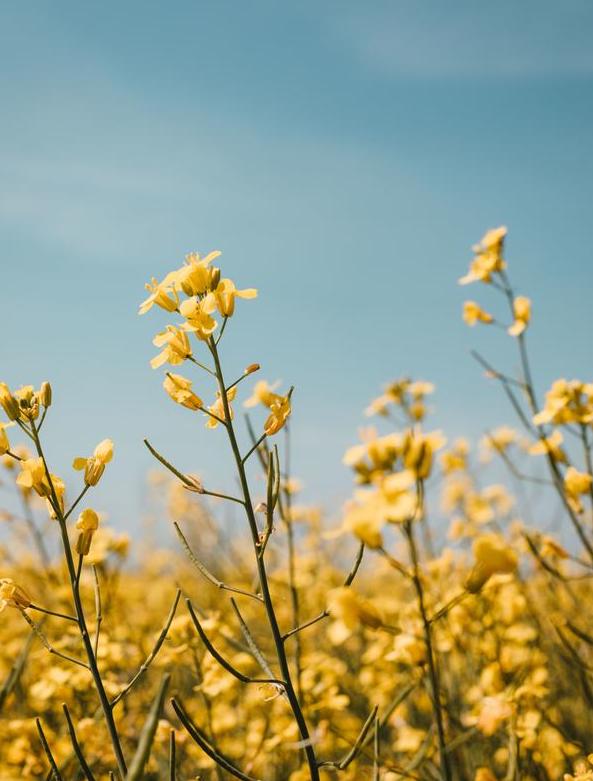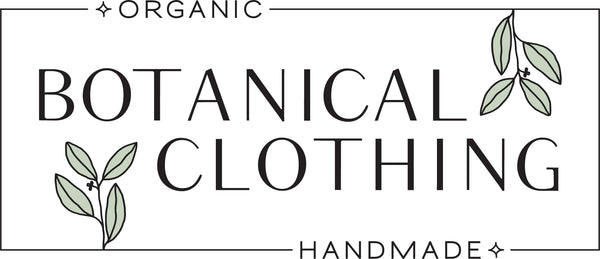
OEKO-TEX versus GOTS Certification
Share
My sister recently asked me what OEKO-TEX certification was, and if that was something to look for when buying ethically made clothing. Thanks to this question, it occurred to me that it's pretty confusing out there when it comes to textile and manufacturing certifications! So let me break it down...
OEKO-TEX 100 (International Association for Research and Testing in the Field of Textile and Leather Ecology) certification is for consumer safety. This guarantees there are no harmful chemicals or toxic substances (azo dyes, formaldehyde etc.) in the final product you are purchasing. It does not mean it is organic. There are several certifications within OEKO-TEX that cover more than just the final product, but most of the time when you see the label OEKO-TEX it means 100. A more holistic label from them to look for is Made in Green by OEKO-TEX. This covers more of the entire supply chain and not just the end product.
GOTS (global organic textile standard) covers the growing, processing, and manufacturing of textiles. In GOTS, all steps must be certified, not just the end product. GOTS means it is organic. The fibers grown to make the fabric must be grown organically. They cannot use chemicals and pesticides. The manufacturing facility that processes the fibers into fabric must be a safe and ethical place for people to work. From raw materials to manufacturing, GOTS looks at all steps.
There are so many other certifications out there, but I wanted to talk about the above two first because they are the most prevalent ones you see. I will add to this post as I have time to include others.

